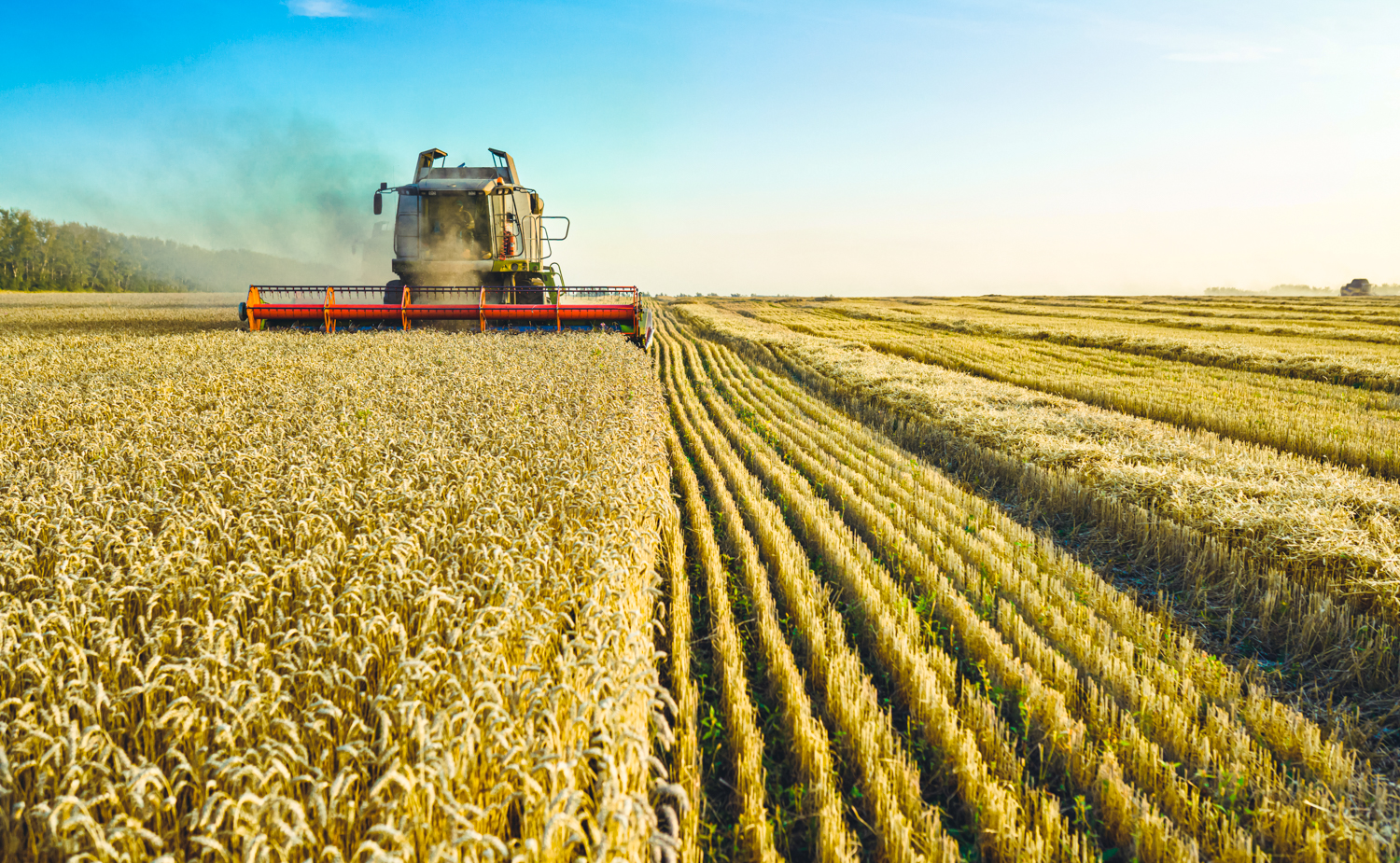Blog /
How the Minister of Agriculture and Agri-Food can support economic growth
How the Minister of Agriculture and Agri-Food can support economic growth
In 2018, the agriculture and agri-food sector was recognized as a key driver of economic growth by the Advisory Council on Economic Growth, which set ambitious growth targets.

After over a year-and-a-half of lockdowns and sacrifice, Canadians are seeing the benefits of their efforts to stop COVID-19. The pandemic is not over, but we can now look beyond COVID to plan for our future. Now, the Canadian Chamber of Commerce is writing “mandate letters” to members of the Cabinet with policy priorities that will support growth of the Canadian economy.
In 2018, the agriculture and agri-food sector was recognized as a key driver of economic growth by the Advisory Council on Economic Growth, which set ambitious growth targets. Since that time the sector has demonstrated that with the right regulatory framework, infrastructure, and funding, it has the potential to obtain those objectives while also leading in Canada’s environmental pursuits.
The Minister of Agriculture and Agri-food should:
- Implement export-based recommendations from the Economic Strategy Tables on Agriculture and Agri-food.
- Work with industry to develop a technology-neutral net-zero transition plan and champion Canadian best practices abroad, such as the 4R Nutrient Stewardship program or greenhouse gas sequestration. Canadian agriculture contributes about 8% to domestic greenhouse gas emissions, compared to the global average of 23%.
- Conduct an analysis of regulatory changes affecting Canada’s agriculture industry. The federal government should carry out a holistic economic analysis of proposed or current regulations currently affecting the sector. Additionally, departments such as Health Canada and Environment and Climate Change Canada should have included an economic competitiveness mandate.
- Enhance AgriStability by increasing the compensation rate from 70% to 80%, removing, or significantly increasing the current $3 million payment cap, and increasing the payment trigger from 70% to 85%.
- Continue funding of business risk management programs, especially in the face of market volatility and extreme weather patterns.
- Establish a long-term funding framework for animal health surveillance.
- Work with the Minister of International Trade to ensure agriculture and agri-food exporters can take advantage of trade agreements by reducing non-tariff barriers.
To see all 21 of our mandate letters to ministers, click here.
Other Blogs

Policy Matters: Revisiting the 3 Most Popular Topics of the Year

Vaccines: A Potential Key to Unlock Many of Canada’s Healthcare Challenges




